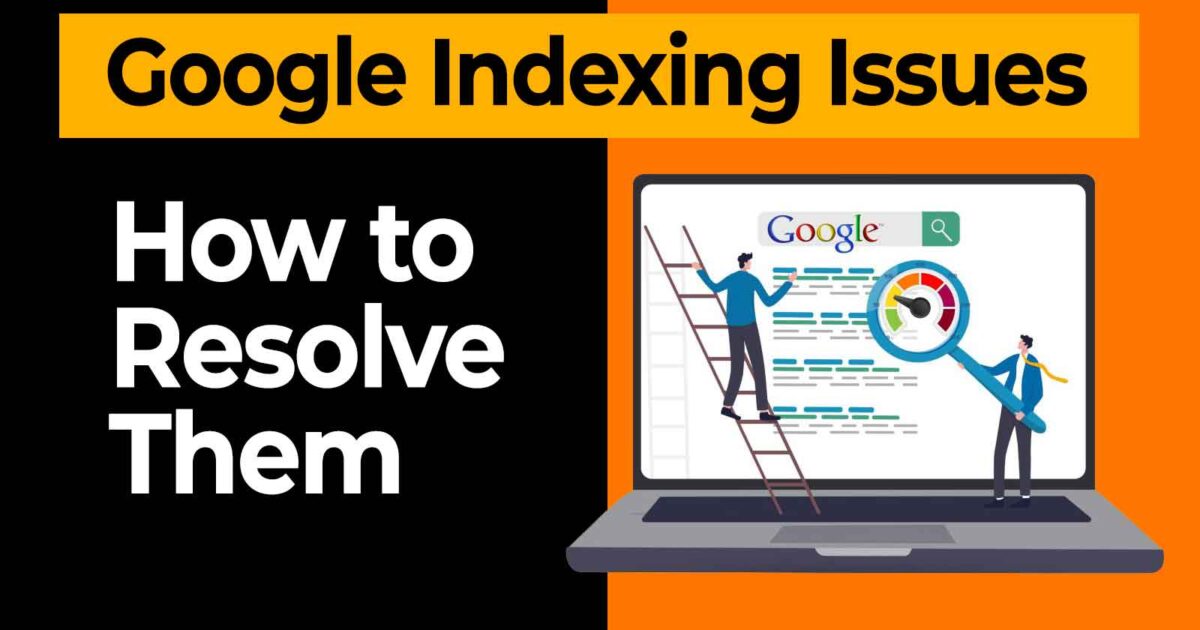
Facing Google indexing issues can be frustrating, especially when your website isn’t showing up in search engine results. Identifying the problem is the first step to resolving it and ensuring your content gets the visibility it deserves.
Below are 12 common reasons why Google may not be indexing your website and actionable steps to fix them.
1. Your Website Is Too New
Newly launched websites often face delays in indexing because Google needs time to discover and crawl them. While waiting for Google to index your site—a process that can take anywhere from hours to weeks—focus on publishing high-quality content consistently. This establishes your website as a valuable resource, improving your chances of ranking well once indexed.
2. Missing a Domain Name
Launching a website without a proper domain name means Google can only access it through its IP address, which hampers indexing. Ensure your domain name is correctly configured in your hosting platform, such as WordPress. Set up 301 redirects to guide users and bots to your proper domain instead of the IP address version.
3. Recent Website Redesign
After a significant redesign or rebranding, Google might not automatically recrawl your website. Submit a manual indexing request through Google Search Console:
- Inspect the updated URLs.
- Confirm adherence to Google’s webmaster guidelines.
- Select “Request Indexing” to prompt Google to recrawl your pages.
4. Missing Sitemap
A sitemap provides Google with a blueprint of your website, aiding its crawlability. Without it, Google may struggle to navigate your pages effectively. Create an XML sitemap and submit it via Google Search Console. Alternatively, add the sitemap link to your robots.txt file.
5. Poor Site Structure
A cluttered or confusing site structure can hinder indexing and frustrate users. Ensure your website is easy to navigate with intuitive menus and internal linking. Use hierarchical structures and organize content logically to make it accessible to both users and bots.
6. Orphan Pages
Orphan pages—those without any internal links—are invisible to Google’s crawlers. Identify these pages using analytics tools and connect them to other parts of your website via internal links. If an orphan page offers little value, consider removing it and redirecting users to a relevant page.
7. Lack of Mobile Optimization
With most web traffic coming from mobile devices, mobile-friendliness is a top priority for Google. Optimize your site by:
- Using responsive design.
- Compressing images for faster loading.
- Removing intrusive pop-ups.
- Ensuring easy navigation for touchscreens.
8. Not ADA-Compliant
Websites that fail to meet ADA (Americans with Disabilities Act) compliance standards risk being overlooked by Google. Issues like missing alt text, inaccessible navigation, or unreadable fonts can impact indexing. Use accessibility evaluation tools to identify and fix these issues.
9. Low-Quality Content
Thin, plagiarized, or keyword-stuffed content signals to Google that your site lacks value. Create original, informative, and keyword-optimized content that aligns with Google’s Webmaster Guidelines to improve your chances of being indexed.
10. Noindex Tags or Disallowed Googlebot Access
A simple coding oversight, such as using “noindex” tags or disallowing bots in your robots.txt file, can block Google from indexing your site. Check your source code and robots.txt file for directives like:
User-agent: *
Disallow: /Remove or adjust these settings to allow crawlers access.
11. Redirect Loops
Redirect loops can trap Google’s crawlers, preventing them from reaching your content. Audit your .htaccess file or site’s redirect rules to identify and resolve loops. Use 301 redirects for permanent changes and 302 redirects for temporary ones.
12. Exceeded Crawl Budget
Google assigns a crawl budget—the maximum number of pages it will crawl on your site. Large websites often face issues when this budget is exhausted. Optimize crawl efficiency by:
- Consolidating duplicate or thin pages.
- Using the “noindex” tag for irrelevant pages.
- Prioritizing high-value content in your sitemap.
Addressing these 12 Google indexing issues can significantly enhance your website’s visibility and performance. Regular audits, optimized content, and adherence to Google’s guidelines are key to keeping your website in good standing with search engines.









